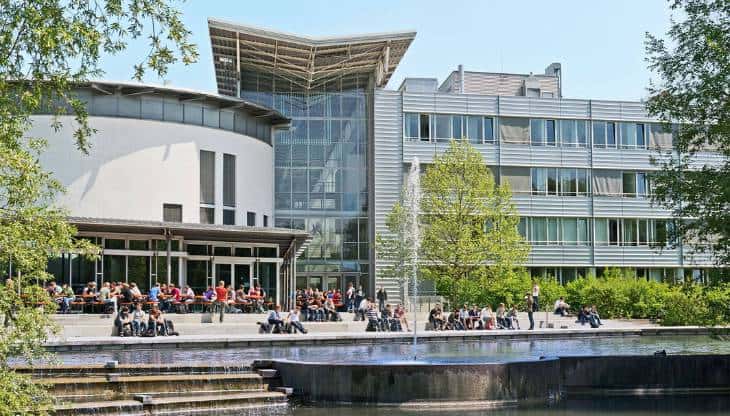The Technical University of Munich (TUM), represented by the Chair of Energy Systems, is a leading European research university and brings technical expertise on a process and component level to ALPHA. Its core areas of expertise include:
- System Studies: Holistic analysis and simulation of integrated energy networks
- Power Generation and Thermodynamic Cycles: Design, optimisation and testing of conventional and advanced-cycle power systems
- Power-to-X and Reversible Fuel Cell: Development of CO₂‑utilisation pathways, synthesis processes and reversible solid‑oxide cells (rSOC)
- Solid Fuel Conversion: Combustion, gasification, kinetics and corrosion of biomass, residues and waste
- Energy Storage: Investigation of thermal, thermochemical and high‑temperature processes and storage technologies
As part of the ALPHA project, TUM is responsible for:
- Oversees Work Package 1, developing the transalpine planning & decision-making framework for up-to-date H&C networks.
- Leads Activity 1.5, drafting and refining the Decision-Making Support Methodology through a broad workshop with partners, Observers, and EUSALP AG9 representatives, and finalising it to integrate technical, economic, regulatory and environmental considerations.
- Prepares a post-project sustainability plan to ensure long-term valorisation of all ALPHA outputs
The city of Munich, located in southeastern Germany, serves as the capital of the state of Bavaria. Positioned north of the Bavarian Alps and along the banks of the Isar River, the city lies at the heart of a major European crossroads. From west to east, Munich connects to major cities across Germany and Central Europe, while its proximity to the Alps and the Austrian border to the south enhances both its strategic and cultural significance in the region.
The Munich Region comprises the city itself and eight surrounding rural districts, forming a dynamic metropolitan area with a total population of approximately 2.93 million people. As one of Germany’s leading economic centres, the region boasts a Gross Domestic Product (GDP) of around 194 billion euros.
In line with its ambitious climate and energy goals, Munich is aiming to transition the majority of its heat supply to deep geothermal energy. This strategy is strongly supported by the favourable geological conditions of the Molasse Basin, which offers excellent subsurface temperatures for sustainable and efficient geothermal heat production. As such, the region represents a prime example of how densely populated urban areas can leverage natural resources to achieve a low-carbon energy future.


